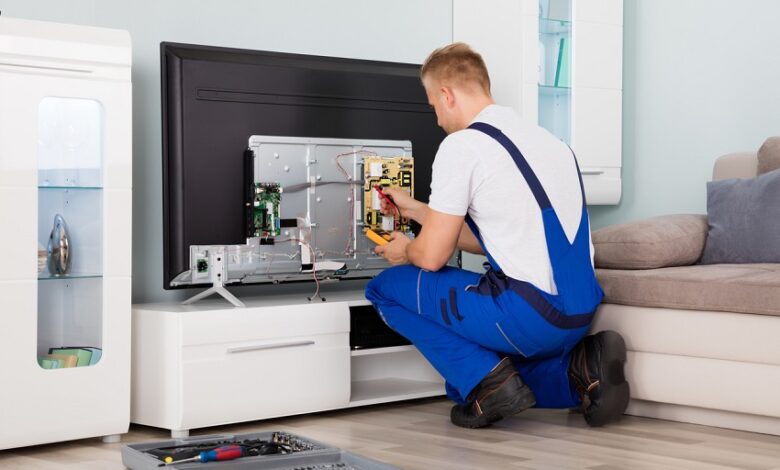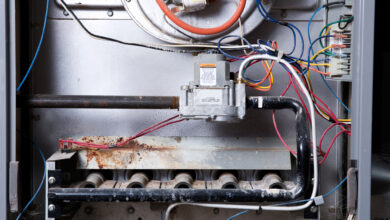Is it Cheaper to Repair or Replace a TV?

In today’s fast-paced world, televisions have become an essential part of our daily lives. We rely on them for entertainment, news, and staying connected to the world. However, like any other electronic device, televisions can develop issues over time. When faced with a malfunctioning TV, a common dilemma arises: should you repair it or replace it altogether? In this article, we will delve into this question and explore various factors to consider when making this decision.
The Cost Factor: Repair vs. Replacement
One of the primary concerns when deciding between repairing or replacing a TV is the cost. Repair costs can vary significantly depending on the type of issue, the brand and model of the TV, and the availability of spare parts. It’s natural to wonder what to do with a broken tv in such situations. On the other hand, purchasing a new television can be a substantial investment. Let’s examine both scenarios in detail.
Repair Costs
Repair costs typically encompass the price of the replacement parts, labor charges, and any additional fees associated with the repair service. For minor issues such as a faulty power supply or a broken HDMI port, repairs can be relatively affordable. However, more complex problems like a damaged display panel or a malfunctioning circuit board can incur higher costs.
It is crucial to consider the age and overall condition of the TV when assessing repair costs. If the television is already several years old and prone to further issues, investing a significant amount in repairs might not be the most cost-effective solution in the long run.
Replacement Costs
When contemplating whether to replace your TV, it’s important to consider the cost of purchasing a new one. Televisions come in various price ranges, depending on factors such as screen size, display technology, brand reputation, and additional features. High-end models often come with a premium price tag, while budget-friendly options provide more affordable alternatives.
Additionally, keep in mind that technological advancements can render older models obsolete. Newer TVs may offer improved picture quality, enhanced smart features, and energy-efficient performance. Assessing the long-term value and potential benefits of a new TV is essential when comparing replacement costs to repair costs.
TV Longevity and Reliability
Another crucial aspect to consider is the overall longevity and reliability of your TV. Different brands and models have varying levels of durability and lifespan. Some televisions may last for a decade or more with proper care, while others may develop recurring issues after a few years.
Brand and Model Reliability
Researching the reliability and customer satisfaction of different TV brands and models can provide valuable insights. Online reviews, customer feedback, and expert opinions can shed light on the performance and longevity of specific televisions. Consider seeking out brands and models that have a track record of durability and customer satisfaction.
Warranty Coverage
If your TV is still within the warranty period, repair costs may be significantly reduced or even covered entirely. Warranty terms and conditions vary between manufacturers, so it is important to review the warranty documentation provided with your television. Be aware of any limitations or exclusions that may affect the coverage.
Environmental Considerations
Beyond the financial aspect, considering the environmental impact of your decision is also crucial. Electronic waste is a growing concern globally, and responsible disposal of old electronics is essential for sustainable practices.
Repairing for Sustainability
Repairing your TV can contribute to a more sustainable approach. By extending the lifespan of electronic devices, we reduce the overall demand for new products and minimize the environmental impact associated with their production and disposal. Repairing a TV with a minor issue or component failure can be a greener choice, especially if the repair is relatively affordable.
Responsible Disposal
If you choose to replace your TV, ensure that you dispose of the old one responsibly. Many communities have designated e-waste recycling centers that accept electronics for proper recycling and disposal. By recycling your old TV, you can help reduce the harmful effects of electronic waste on the environment.
Conclusion
When faced with the decision of whether to repair or replace a TV, it’s essential to evaluate the cost, longevity, reliability, and environmental impact. Assessing the repair costs and comparing them to the price of a new television is crucial. Consider the age and condition of your current TV, as well as the potential benefits and technological advancements offered by newer models.




